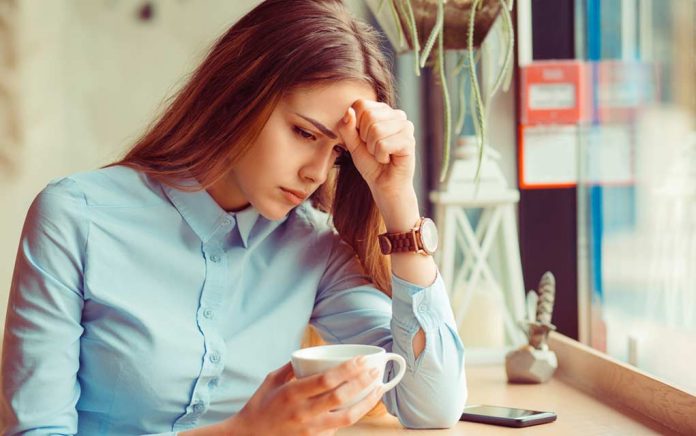
(HealthyResearch.com) – Do you frequently suffer from caffeine headaches? You aren’t alone. Caffeine can cause headaches in two different ways — when you’re used to having it and haven’t, and when you get too much of it. Some people are also much more sensitive to caffeine, so they have to be more careful about their intake. Here’s what to consider when it comes to caffeine and headaches.
Caffeine Withdrawal Can Cause Headaches
A persistent, throbbing pain can be the result of consuming a lot more caffeine than you normally would. The headache can also happen if you sleep in or don’t drink as much caffeine as is typical for you by a particular time of day. Why does it happen? Caffeine constricts blood vessels, something the brain comes to expect. When there is a lower amount of caffeine, these vessels expand and the brain gets more blood flow than it’s used to, causing a headache.
Abruptly cutting caffeine consumption can also cause headaches. Withdrawal headaches can last for days or even weeks, and migraine sufferers are even more likely to be triggered. Having a cup of coffee or tea could make the headache better, or even cause it to go away entirely.
Getting a Headache From Caffeine Consumption
Blood flow isn’t the only thing in the brain that caffeine affects. It also affects energy metabolism by stopping the uptake of glucose by brain cells. The cells use glucose for fuel, so too much caffeine can stop the brain from working at full capacity. That’s why too much caffeine, or consuming caffeine without food, can make people feel shaky and jittery.
Caffeine causes hyper-focus in some people, working with the part of the brain that makes them sharper and more alert. This may cause increased anxiety and could make it difficult to sleep. If it’s too much caffeine that’s causing headaches, many find cutting back will help it go away and reduce future headaches.
Treating a Headache Caused by Caffeine Withdrawal
For those who have decided they want to limit their caffeine intake — or those told by a healthcare professional that they need to — having a cup of coffee could ease or eliminate a caffeine withdrawal headache. If that doesn’t work, don’t keep adding more caffeine into the mix. Also keep in mind that a larger-than-normal dose of caffeine earlier in the day could trigger a withdrawal headache later in the day, so be prepared. Over-the-counter pain relievers can help if a person really needs to wean themselves off of caffeine, and it’s also important to follow the advice of a healthcare provider.
Caffeine can be good or bad for headaches, depending on the person and the type of caffeine intake they normally have. Those who are prone to headaches should consider limiting their daily intake of caffeine to around 200 milligrams — and those who need to wean from caffeine should do so slowly to reduce the frequency and severity of headaches as well. Trial and error, along with medical advice, will help you determine the caffeine intake that’s right for you.
~Here’s to Your Health & Safety!
Copyright 2021, HealthyResearch.com
















